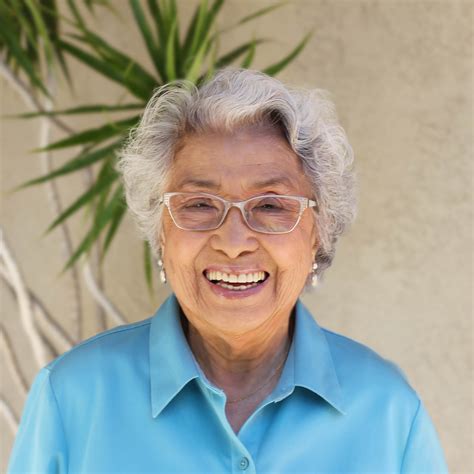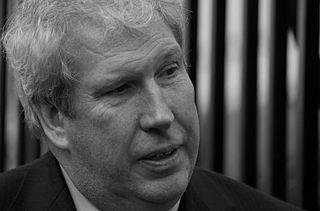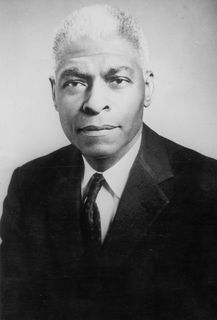A Quote by John James Cowperthwaite
I am also, I must confess, a little sceptical of the theory that we have a right, if we could, to pass on our capital burden to future generations. I remarked last year in this context that our predecessors had not passed any significant part of their burden on to us.
Related Quotes
The fact that previous generations have handed down to us a substantial public heritage by way of roads, port, etc. almost completely free of debt, seems to me to impose some limitation on the validity of the theory that by borrowing we should, or could, pass on the burden of development to the next generation.
The Louvre is the book in which we learn to read. We must not, however, be satisfied with retaining the beautiful formulas of our illustrious predecessors. Let us go forth to study beautiful nature, let us try to free our mids from them, let us strive to express ourselves according to our personal temperaments. Time and reflection, moreover, little by little modify our vision, and at last comprehension comes to us.
Knowledge is a burden if it robs you of innocence. Knowledge is a burden if it is not integrated into life. Knowledge is a burden if it doesn't bring joy. Knowledge is a burden if it gives you an idea that you are wise. Knowledge is a burden if it doesn't set you free. Knowledge is a burden if it makes you feel you are special.
When we want to give expression to a dramatic situation in our lives, we tend to use metaphors of heaviness. We say that something has become a great burden to us. We either bear the burden or fail and go down with it, we struggle with it, win or lose. And Sabina - what had come over her? Nothing. She had left a man because she felt like leaving him. Had he persecuted her? Had he tried to take revenge on her? No. Her drama was a drama not of heaviness but of lightness. What fell to her lot was not the burden, but the unbearable lightness of being.
If current trends continue, the typical U.S. worker will be considerably more productive several decades from now. Thus, one might argue that letting future generations bear the burden of population aging is appropriate, as they will likely be richer than we are even taking that burden into account.
The Toltec tradition tells us that we surrender a portion of our life force when we dwell on any unhealed wounding event from our past. The unprocessed emotions surrounding these events burden us and weigh heavily on our hearts. They must be dealt with if we want access to all of our vitality. Ultimately, what we will find is that forgiveness is the key to reclaiming all the life force locked in past hurt.
































